SUMMARY
This is AI generated summarization, which may have errors. For context, always refer to the full article.
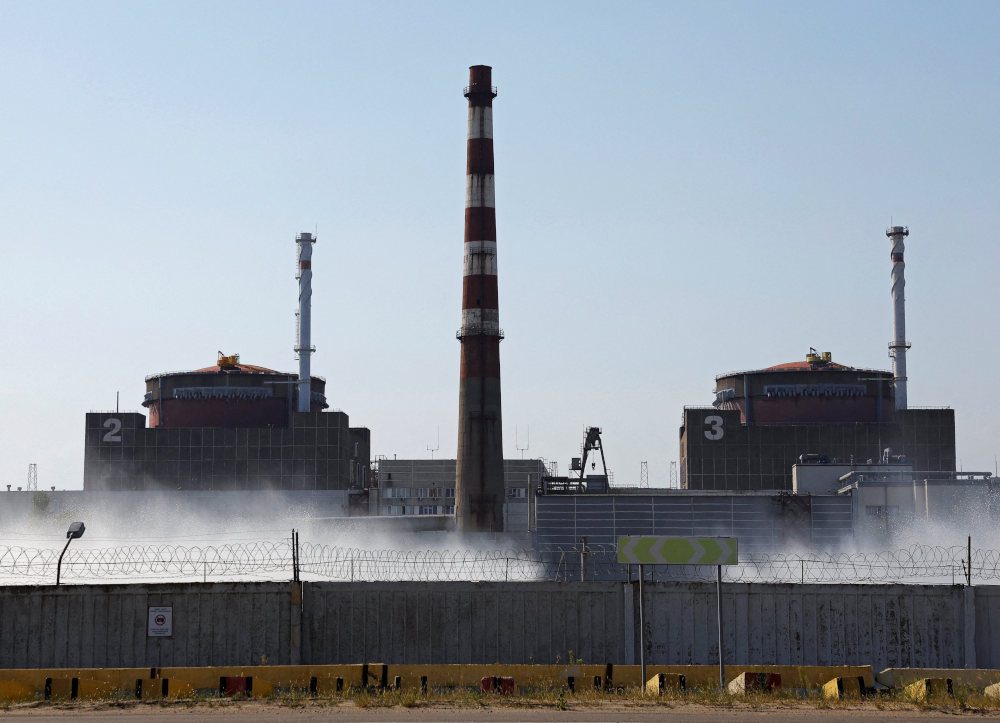
KYIV, Ukraine – Stepping up an energy war between Russia and the West, Moscow has announced it will keep its main gas pipeline to Germany shut and G7 countries said they planned a price cap on Russian oil exports.
The standoff over Russian gas and oil exports is a fallout from President Vladimir Putin’s six-month invasion of Ukraine, underscoring the deep rift it has caused between Moscow and Western nations.
Russia’s defense ministry meanwhile accused Ukrainian forces on Saturday, September 3, of mounting a failed attempt to capture the Zaporizhzhia nuclear power plant that has been a centre of international concern in recent weeks.
The ministry said a Ukrainian naval force of more than 250 troops attempted to land on the coast of a lake near the plant, which is Europe’s largest nuclear energy station.
“Despite the presence of representatives of the International Atomic Energy Agency (IAEA) at the Zaporizhzhia nuclear power plant, the Kyiv regime once again attempted to seize the plant,” the defense ministry said.
Reuters was unable to verify the report.
Kyiv and Moscow have traded accusations about attacks on the power plant, which was captured by Russian forces in March but is connected to the Ukrainian power grid and still operated by Ukrainian staff.
A team of IAEA inspectors arrived at the plant on Thursday to assess its safety. IAEA chief Rafael Grossi, after returning to Ukrainian-held territory, said the physical integrity of the plant had been violated several times.
On Friday Grossi said he expects to produce a report on the safety of the plant early next week, and two experts from the IAEA inspections team would stay on at the plant for the longer term.
A reactor at the site was reconnected to Ukraine’s grid on Friday, a day after it shut down due to shelling nearby, Ukraine’s state nuclear company Energoatom said.
Ukraine and the West have said Russia is using the site as a base for heavy weapons in a move to discourage Ukraine from firing on it. Russia has so far resisted international calls to pull troops out of the plant and demilitarise the area.
Russia’s Defense Minister Sergei Shoigu on Friday denied Russia had heavy weapons at or near the power plant and accused Ukraine of committing “nuclear terrorism” through its attacks on the facility.
Turkey offered on Saturday to facilitate the Zaporizhzhia situation.
Gas and oil
In its announcement on Friday that it would not resume shipments through the Nord Stream 1 pipeline as had been expected, Russia’s state-controlled energy giant Gazprom GAZP.MM blamed a technical fault.
Gazprom said on Saturday that Siemens Energy ENR1n.DE was ready to help repair broken equipment but that there was nowhere available to carry out the work. Siemens said it has not been commissioned to carry out maintenance work for the pipeline but it is available.
Nord Stream 1, which runs under the Baltic Sea to supply Germany and others, had been due to resume operating after a three-day halt for maintenance on Saturday at 0100 GMT.
Moscow has blamed sanctions imposed by the West after Russia’s February 24 invasion of Ukraine for hampering routine operations and maintenance of Nord Stream 1. Brussels and Washington accused Russia of using gas as an economic weapon.
The indefinite delay to resuming gas deliveries will deepen Europe’s problems securing fuel for winter with living costs already surging, led by energy prices.
Finance ministers from the Group of Seven wealthy democracies – Britain, Canada, France, Germany, Italy, Japan, and the United States – said on Friday a cap on the price of Russian oil was meant to “reduce … Russia’s ability to fund its war of aggression whilst limiting the impact of Russia’s war on global energy prices.”
The Kremlin – which calls the conflict “a special military operation” – said it would stop selling oil to any countries that implemented the cap. – Rappler.com
Add a comment
How does this make you feel?
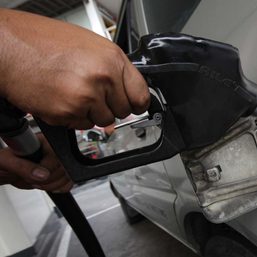
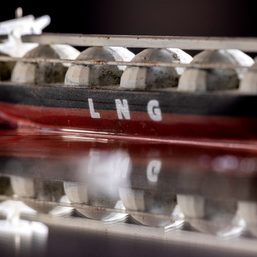
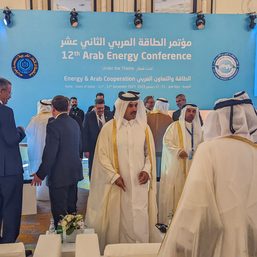
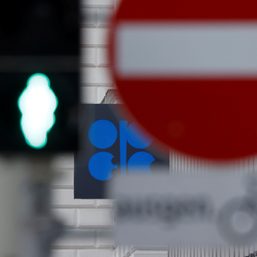
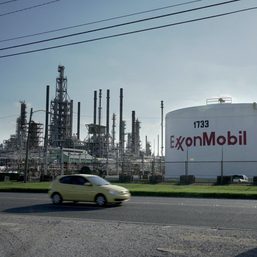

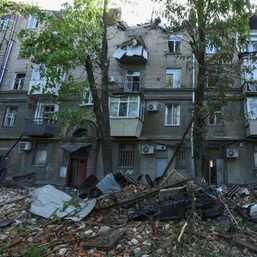
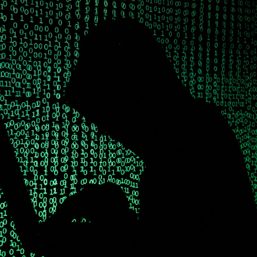
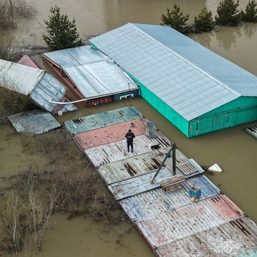

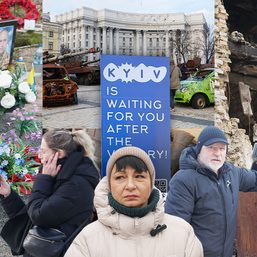
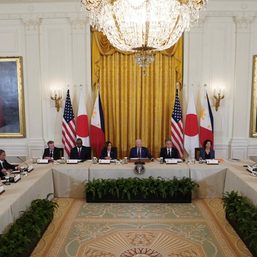
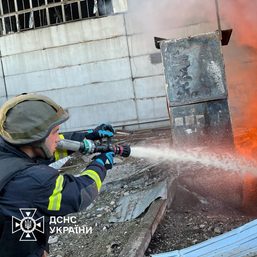
There are no comments yet. Add your comment to start the conversation.